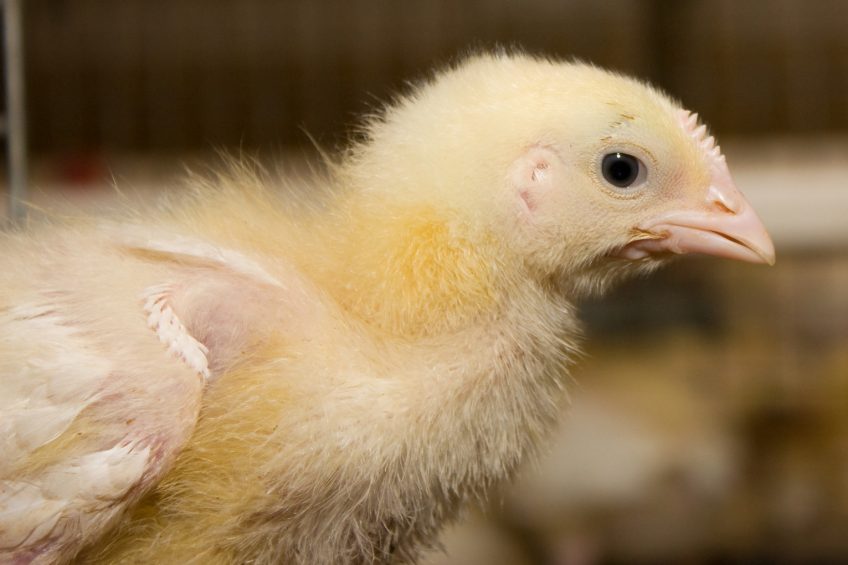Brazil gives green light for compartmentalisation status

The Brazilian Ministry of Agriculture, Livestock and Food Supply (MAPA) has awarded a leading layer breeding stock distributor compartmentalisation status.
Hy-Line do Brasil is the first egg layer genetic company to achieve this status, which is recognised by the World Organisation for Animal Health (WHO).
What is compartmentalisation?
Compartmentalisation is the recognition that its farms – in this case grandparent and parent stock units – have reached such a high standard of biosecurity, that if there is an outbreak of Avian Influenza or Newcastle Disease in the country, birds can still be exported. The receiving country can be confident that the flock will be free from viruses.
Uninterrupted trade
The move has delighted Jonathan Cade, president of Hy-Line International, who said security of supply was a key issue to maintain its distribution to customers around the world.
“As one of the most important global distribution hubs, the compartment status will allow for uninterrupted trade to countries that receive exports from Brazil.”
Hy_Line do Brasil exports to 27 countries
Hy-Line do Brasil has invested more than US$10m in the last 5 years in its operation for grandparent and parent stock layers. It currently already exports to 27 countries in 4 continents.
Tiago Lourenco, managing director of Hy-Line do Brasil added: “Diseases such as avian influenza and Newcastle Disease have direct and very damaging impact on trade barriers and international business to export.
“Achieving compartmentalisation is the seal that demonstrates and validates that we have procedures which prevent the entry of diseases into our operations, and, if it eventually hits the country, we have strong protocols implemented and all employees know what to do to mitigate the risks using well-structured contingency plans to keep the company’s operations safe, as well as being able to keep exporting products.”
OIE established compartmentalisation in 2004
Compartmentalisation was established by the OIE in 2004 and is slowing gaining traction in the wake of repeated avian influenza cases across the globe.
Last October, Aviagen became the first US poultry primary breeding company to achieve compartment certification for avian influenza.
Jan Henriksen, Aviagen chief executive, said: “In today’s world, avian flu has become the biggest threat to international trade and compartmentalisation helps eliminate this threat.
3 years ago, Aviagen India’s Elayamuthur plant was granted the status by the central Indian government and state of Tamil Nadu, enabling the firm to continue to deliver birds to customers in India or other countries that have formally recognised and accepted the status.













